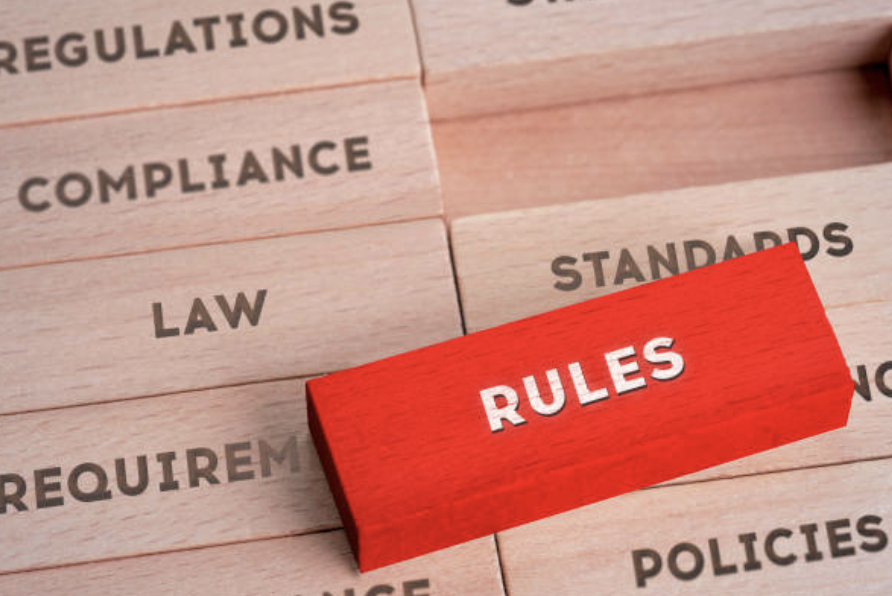Europe is home to a variety of regulated professions that require specific qualifications and licenses to practice. For professionals seeking to work in these fields, understanding the regulatory landscape is crucial. This article provides essential tips for navigating the complexities of regulated professions in Europe, whether you’re a recent graduate or a seasoned expert considering relocation.
Understand the Regulatory Framework
Research Country-Specific Regulations
Each European country has its own regulatory body governing specific professions. Research the requirements for your profession in the country where you intend to work. This may include:
- Licensing requirements
- Credential evaluation processes
- Continuing education mandates
Stay Updated on Changes
Regulations can evolve, so it’s essential to stay informed about any changes that may impact your profession. Follow relevant regulatory bodies and professional associations for updates.
Verify Your Qualifications
Credential Recognition
If you obtained your qualifications outside of Europe, you may need to have them recognized. Many countries require foreign qualifications to be evaluated for equivalency. Look into the relevant recognition procedures in your target country.
Documentation Preparation
Gather all necessary documentation, including diplomas, transcripts, and any certifications. Ensure these documents are translated into the local language if required.
Language Proficiency
Language Requirements
Proficiency in the local language is often necessary, particularly for professions involving direct interaction with clients or patients, such as healthcare or education. Assess the language requirements and consider taking language courses to improve your skills.
Professional Terminology
Familiarize yourself with industry-specific terminology in the local language. This will not only aid in communication but also enhance your understanding of local practices and regulations.
Networking and Professional Associations
Join Professional Networks
Connecting with local professional associations can provide valuable resources, support, and networking opportunities. These organizations often offer guidance on licensing processes and can connect you with experienced professionals in your field.
Attend Industry Events
Participate in conferences, workshops, and seminars to meet other professionals and learn about industry trends. Networking can lead to job opportunities and collaborations.
Understand the Application Process
Prepare for Licensing Exams
Some regulated professions may require you to pass specific exams or assessments to obtain a license. Familiarize yourself with the content and format of these exams and consider enrolling in preparatory courses if needed.
Follow Application Procedures
Ensure that you understand the application process for obtaining your license. This may involve submitting various documents, completing an application form, and paying fees. Adhere to deadlines to avoid delays.
Continuing Professional Development (CPD)
Engage in Lifelong Learning
Many regulated professions require ongoing education to maintain licensure. Stay proactive about your professional development by attending training sessions, workshops, and conferences relevant to your field.
Stay Informed About New Developments
Regularly update your skills and knowledge to keep pace with changes in regulations, technologies, and best practices in your profession.
Seek Guidance from Experts
Consult Regulatory Bodies
Don’t hesitate to reach out to the regulatory body for your profession in the target country. They can provide detailed information on the licensing process, requirements, and any specific challenges you may face.
Consider Professional Advisory Services
If navigating the regulatory landscape feels overwhelming, consider consulting with professionals or agencies that specialize in helping individuals obtain licenses in regulated professions.
Cultural Adaptation
Embrace Local Work Culture
Understanding the cultural nuances of the workplace in your target country is essential. Adapt to local customs, communication styles, and work practices to integrate successfully into your new environment.
Be Patient and Open-Minded
The process of obtaining licensure and adapting to a new professional landscape can take time. Maintain a positive attitude and be open to learning from your experiences.
Navigating regulated professions in Europe requires careful planning, research, and adaptability. By understanding the regulatory framework, verifying your qualifications, and engaging with local networks, you can successfully transition into your desired profession. Embrace the challenges and opportunities that come with this journey, and position yourself for a rewarding career in Europe’s diverse job market.
If you require any further information, please feel free to reach out to us now!

